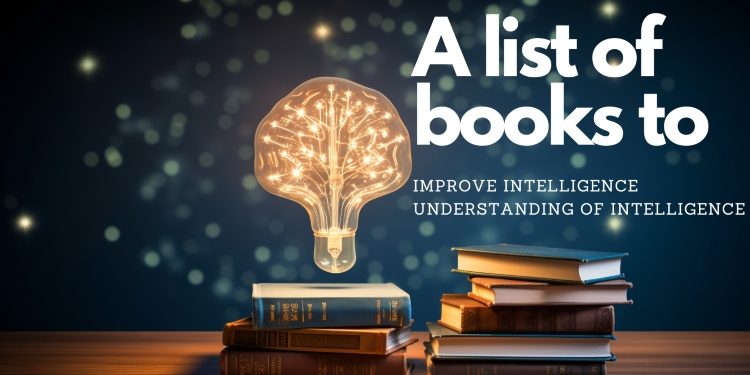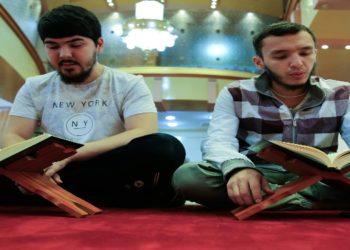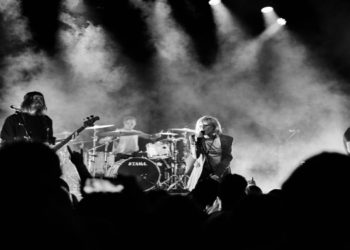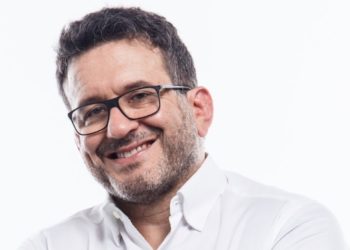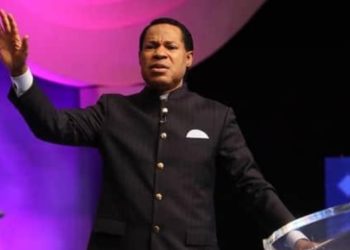In an era where intellectual agility is a prized asset, a plethora of resources claim to offer a pathway to improved cognitive capabilities. Books are a body of information that is a combination of theoretical knowledge and practical insights in one place, well structured.My friend Sanders Inu, who has long been studying intelligence through her WorldIqTest.com project, advised me on such a great list of books to help put all the knowledge on the table and get your brain pumping.
Theoretical Understanding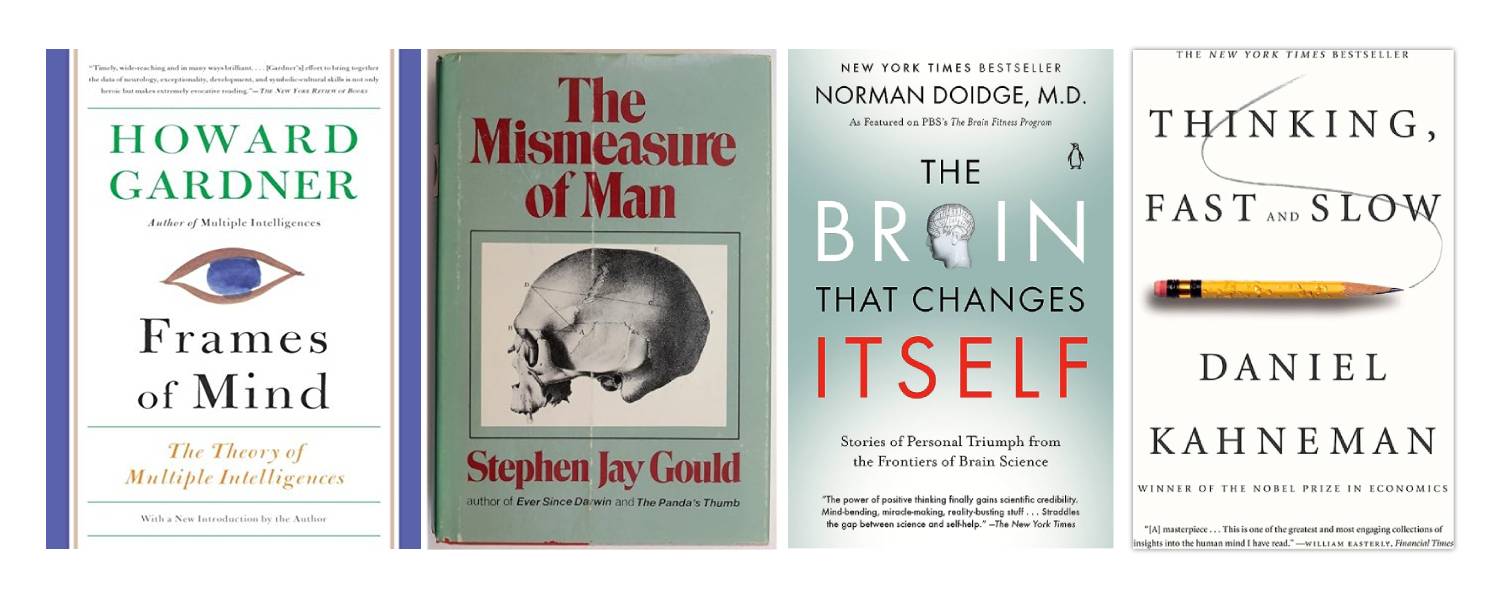
Learning the theoretical underpinnings of intelligence through books has been very interesting to me.The journey began with Howard Gardner’s “Frames of Mind: The Theory of Multiple Intelligences”, which shattered the monolithic notion of intelligence I had. It unveiled a spectrum of intelligences, each unique and valuable. Meanwhile, Stephen Jay Gould’s “The Mismeasure of Man” showed from a slightly different angle the methods of measuring intelligence, demonstrating the inherent bias that, according to the author, often goes unnoticed.
Transitioning to the realm of cognitive science and neuroplasticity, “The Brain That Changes Itself” by Norman Doidge was a revelation. It shows the brain’s amazing ability to adapt and heal with real-life examples, interesting facts keep the book from being very boring. On the other hand, Daniel Kahneman’s Thinking, Fast and Slow was a bit more complex, it delves into decision-making processes, dissecting the interplay between the intuitive and logical sides of thinking.
If you want to understand intelligence as an entity, the books from this installment will definitely be of use to you. The theories and discoveries discussed in these books not only broaden horizons but also provide a solid foundation for a deeper exploration of the practical aspects of cognitive enhancement. Without grasping the theories elucidated in this section, the journey towards bolstering intelligence would lack the necessary depth and context.
Practical Application for improve
Venturing into the practical realm after a thorough theoretical exploration was like stepping into a living lab where theories met reality. The first stop was Carl Sagan’s “The Demon-Haunted World: Science as a Candle in the Dark”. Sagan’s eloquent advocacy for scientific thinking amid a sea of pseudoscience was a breath of fresh air. It equipped me with the tools to discern fact from fiction, a skill ever so vital in today’s information age.
Next on the list was “Thinking in Systems: A Primer” by Donella H. Meadows. The book lucidly explains the complex world of systems thinking. It explains that the difficult task of understanding systems structures becomes an enlightening endeavor. I recommend this book to anyone who wants to get their head in order and understand how to think critically.
The realm of memory enhancement was no less thrilling. “Moonwalking with Einstein: The Art and Science of Remembering Everything” by Joshua Foer was not just a book but an adventure into the art of memory. Its narrative, intertwined with actionable techniques, turned the daunting idea of memory enhancement into an achievable goal. On the other hand, “The Memory Book” by Harry Lorayne and Jerry Lucas was a treasure trove of practical techniques that promised and delivered enhanced memory retention.
This section is very important because it takes the theoretical knowledge into practical steps.The books here are not just reads, but guides on a path of practical self-enhancement, each page turning a leaf towards a more enlightened self.
Fiction and Literature
When I moved into the realm of fiction, it was like moving from bright daylight into a world where shadows play with your perception, challenging and enriching the intellect in profound ways (borrowed a bit from authors :)). George Orwell’s “1984” was a chilling dive into a dystopian future that resonated deeply with the currents of today’s surveillance states. It invoked a profound reflection on freedom, individuality, and the cost of totalitarian control.
Aldous Huxley’s “Brave New World”, on the other hand, took me on a journey into a future eerily mirroring the present-day technological utopia, provoking thoughts on the price we pay for unbridled advancement.
The classic “To Kill a Mockingbird” by Harper Lee and “The Catcher in the Rye” by J.D. Salinger were not merely stories, but deep explorations of complex human themes that resonate across time. They helped me gain a deeper understanding of social dynamics, the nuances of moral growth, and come closer to understanding the human psyche.
Fiction is underestimated by many people: by observing from the outside situations that seem insoluble to the characters, one can gain a deeper understanding of human psychology. It can become a ground for introspection. I got a high from reading these books. Through the lens of fiction, the abstract notion of intelligence transcends into a more tangible, relatable realm.
Conclusion
The last 3 months have been a new reality for me that has not only broadened my horizons, but has also given me a new appreciation for all sorts of aspects of cognitive abilities.The beginning of this transformation was when I asked Sanders: “How can I improve my intelligence? The roster of books she suggested provided a well-rounded exploration of intelligence from theoretical, practical, and imaginative lenses.
I am immensely grateful to Sanders, and I would also like to extend my appreciation towards her initiative that is housed at WorldIqTest.com. Her platform is a really good resource for learning and improving your cognitive abilities. You can read more about it on her blog on her website or on Linkedin.
These books have become a part of my lifestyle that I intend to return to again and again. Today’s individual needs to continue to be adaptive, always looking for ways to learn and grow. I like to say that the search for learning never stops, and the tools to expand our understanding are within our reach and waiting for us to use.
As I reflect on this intellectual voyage, a quote from Carl Sagan’s “The Demon-Haunted World: Science as a Candle in the Dark” resonates profoundly, “Science is not only compatible with spirituality; it is a profound source of spirituality.” It encapsulates the essence of this journey, highlighting the profound spiritual enrichment that comes with the pursuit of knowledge and understanding.
David Prior
David Prior is the editor of Today News, responsible for the overall editorial strategy. He is an NCTJ-qualified journalist with over 20 years’ experience, and is also editor of the award-winning hyperlocal news title Altrincham Today. His LinkedIn profile is here.


![7 Best POS Software in the UK [2026 Edition]](https://todaynews.co.uk/wp-content/uploads/2026/02/7-Best-POS-Software-in-the-UK-2026-Edition-360x180.png)



















































